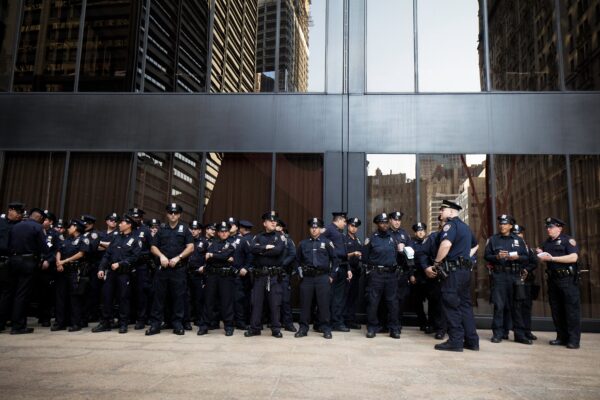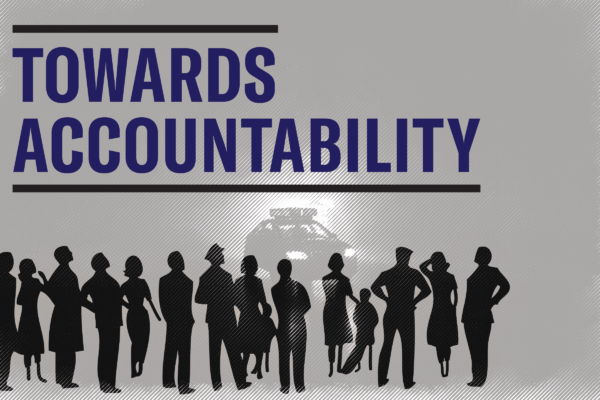New report examines the city’s inability to hold officers accountable for misconduct
LOS ANGELES — The ACLU of Southern California, Black Lives Matter-Los Angeles, and Community Coalition call on the Los Angeles City Council to make meaningful reforms to the Los Angeles Police Department’s disciplinary process of officers who have committed serious misconduct, in a report published today.
The report, "Towards Accountability: Overcoming LAPD’s Flawed Disciplinary Process," synthesizes decades of public criticism and commission findings over the LAPD's disciplinary process, including reports issued in the wake of high-profile LAPD scandals that identify the "Board of Rights" as a root cause of rampant misconduct within the department. The Board of Rights is the LAPD disciplinary board that determines whether officers who commit serious misconduct remain on the force or receive significant discipline.
The groups' recommendations include:
- Real civilians. The civilians on the Board of Rights must represent the diversity of Los Angeles and be selected through an open and transparent process within City Council. This includes making sure that people with past arrests are not excluded, and adhere to the common-sense understanding that “civilians” do not include retired police officers.
- Real oversight. Board of Rights outcomes and voting patterns should be reported regularly and hearings audited, so that the public knows what is happening behind closed doors. All disciplinary records that are public under the 2018 Right to Know Act (SB 1421) should be posted by the department.
- Real advocacy. Trained attorneys should defend the department’s recommended discipline instead of using LAPD officers with no legal training to go up against seasoned defense attorneys.
- Real accountability. Standardize penalties and ensure violations against the public like excessive force or filing false police reports result in more significant penalties than they do currently.
- Real training. All Board of Rights panelists should have an accurate and unbiased understanding of issues the board routinely considers, such as excessive force and domestic violence, and training should include community-based experts.
"The City Council has the opportunity to make good with its voters and implement a disciplinary process that is fair and transparent," said Melanie Ochoa, ACLU SoCal staff attorney. "Officers who commit serious misconduct should not get a free pass."
In March 2017, Los Angeles voters approved Charter Amendment C, which mandated that the City Council adopt an ordinance changing the existing Board of Rights system to give officers the option of an all-civilian review. The City Council also created an Ad Hoc Committee on Policing, purportedly tasked with providing a public process for investigating the failings of the current system and improving LAPD discipline.
"Rather than coming to the community, the City Council has asked the L.A. Police Commission to draft recommendations on police disciplinary process," said Melina Abdullah with Black Lives Matter-LA. "We say, 'no more.' No more giveaways to police unions, no more targeting of Black, Brown and poor communities by police. No more cover-ups by these interlocking systems of oppression. We need a community process with real civilians and real power to hold police accountable."
While the City Council is free at any time to make changes to the Board of Rights or other elements of the LAPD disciplinary system, it is explicitly tasked with doing so right now. The report and the series of recommendations it proposes should inform the City Council’s next steps towards meaningfully improving LAPD discipline.
###
Related Content

The LAPD's Board of Rights Is The Most Important Body You May Have Never Heard Of

Towards Accountability: Overcoming LAPD’s Flawed Disciplinary Process
Stay Informed
Sign up to be the first to hear about how to take action.
By completing this form, I agree to receive occasional emails per the terms of the ACLU’s privacy statement.
By completing this form, I agree to receive occasional emails per the terms of the ACLU’s privacy statement.
